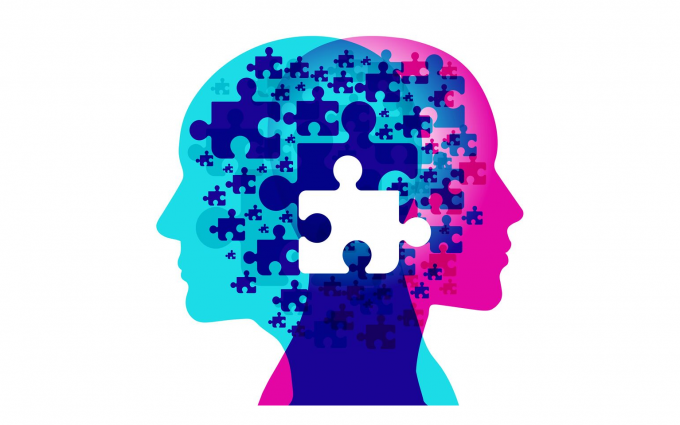01/28/2020

Speakers
Sunil Kothari, MD, Medical Director, Catastrophic Care Management
Deborah M. Benson, PhD, ABPP, Associate Vice President, Clinical Services, Catastrophic Care Management
Patients with disorders of consciousness (DoC), including coma, vegetative state, and minimally conscious state, require highly specialized diagnosis and treatment to ensure the best chance of positive outcomes. However, these patients often face significant challenges in receiving the proper levels of care. To overcome the very high rate of misdiagnosis and provide necessary treatment, admission to a specialized DoC program can be highly effective.
In our webinar held on January 21, 2020, Sunil Kothari, MD, and Deborah Benson, PhD provided an in-depth discussion of DoC and how treatment can be improved after a catastrophic injury. In the presentation, they maintained that specialized DoC programs should be the standard of care for these patients in order to lower the misdiagnosis rate and improve outcomes. They also explored the challenges commonly experienced by patients and families during DoC treatment, and how to support their adjustment.
Defining and Properly Diagnosing DoC
Dr. Kothari’s portion of the presentation dealt with changes in care for DoC that have resulted from recent advances in the field. By comparing previous care standards with the current paradigm, he advanced the idea that diagnosing DoC is much more complicated and has higher stakes than had been understood.
Dr. Kothari began with an overview of terminology and key topics for DOC, including:
Dr. Kothari demonstrated the importance of specialized DoC diagnosis and treatment programs by sharing case studies where doctors were able to re-diagnose patients who were originally thought to be in a coma or vegetative state.
Goals of Specialized DoC Treatment Programs
While primarily focusing on the importance of proper diagnosis of DoC, Dr. Kothari also provided a summary of treatment goals for patients admitted to a specialized program.
Providing Family Education, Training, and Support
Dr. Benson then took over the presentation to discuss the importance of family in DoC treatment. In particular, she emphasized the need to provide education, training, and support for family members to address a host of challenges that include:
The presenters also took time to answer questions from attendees regarding average length of stay and using fMRI to diagnose DoC, among other topics.
CCMC Credit Available
A replay of the webinar is available that includes instructions for receiving CCMC credit, and you can also download the presentation here.